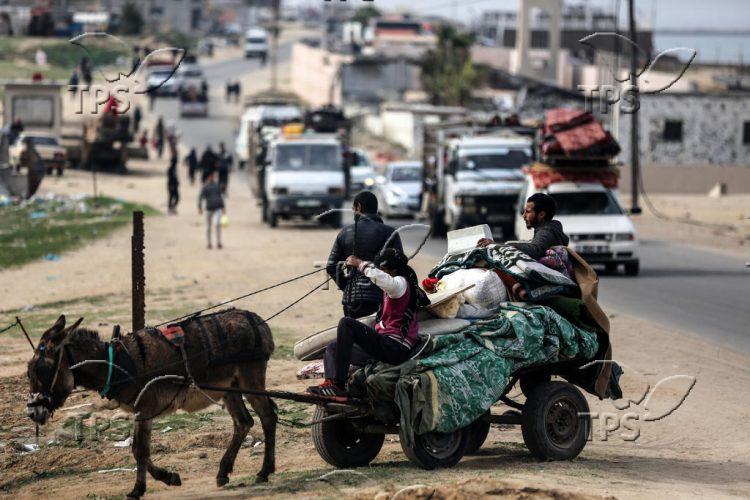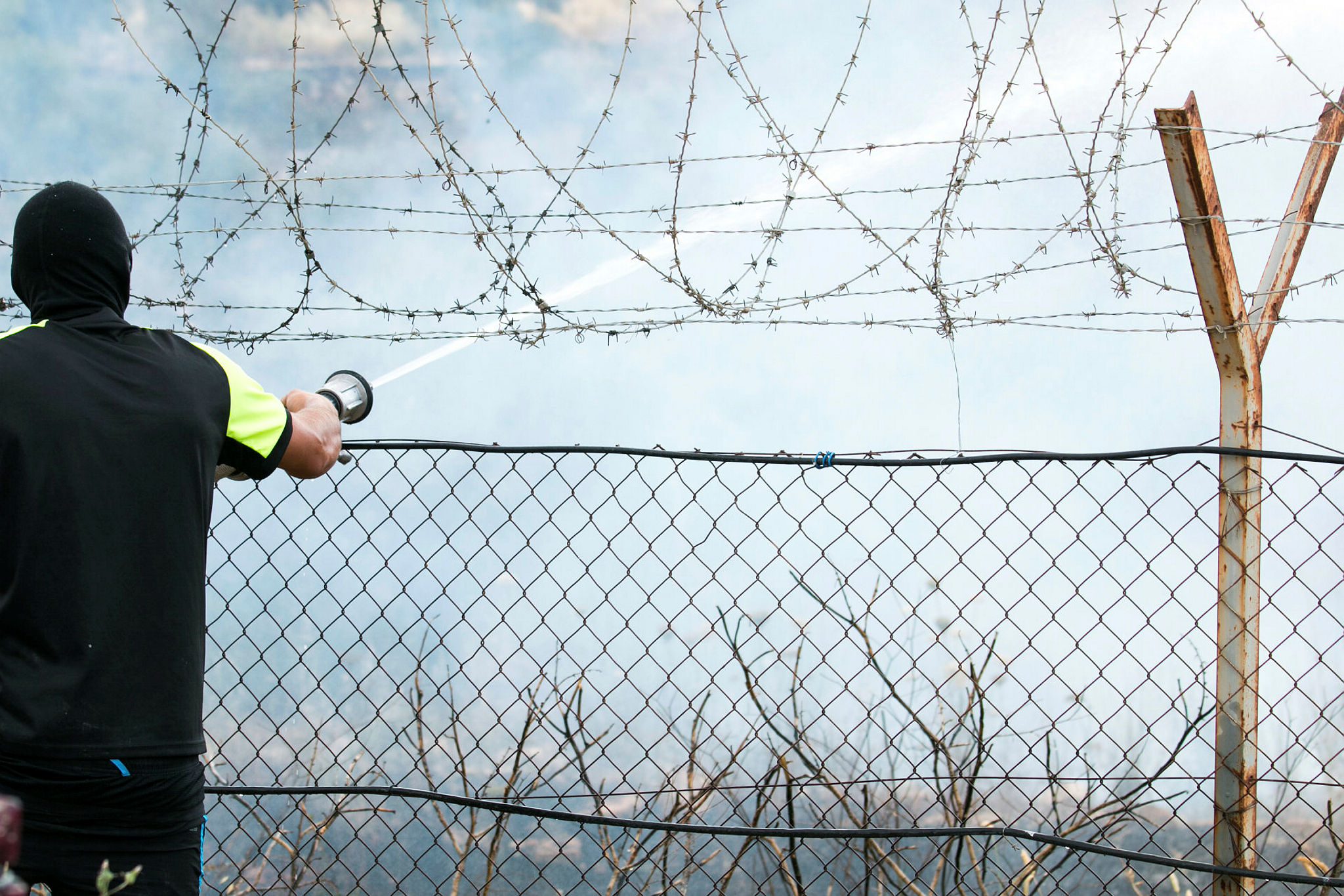Rafah Standoff: Israel’s Strategic Calculus Amidst International Pressure
Jerusalem, 15 February, 2024 (TPS) -- Despite increasing international opposition, Israel is determined to act in Rafah, the last stronghold of Hamas which sits on the Egyptian border.
“We will act in Rafah, but the political action will dictate the military action and not the other way around,” a source in the highest circles of Israel’s Defense Ministry told the Tazpit Press Service.
The political considerations are indeed complex, most notably negotiations for a hostage release, maintaining Israeli-Egyptian relations, and the existence of Palestinian tunnels crossing into the Sinai. Israel insists that these tunnels have been a conduit for weapons and supplies to Hamas, bypassing Israeli monitoring at the border crossings. Israeli officials also fear that the hostages and Hamas leaders could be taken into the Sinai.
Hamas is believed to have four battalions in Rafah. Control of the town allows Hamas to commandeer humanitarian aid deliveries entering the Strip.
Cairo denies weapons are being smuggled across the border, saying that in recent years, its military has destroyed 1,500 tunnels, built a six-meter-high wall, and created a five-kilometer-wide security buffer on the Egyptian side.
The Egypt-Gaza border is technically a demilitarized zone under the terms of the Camp David Accords signed in 1978.
To prevent weapons smuggling after Israel’s disengagement from Gaza in 2006, Egypt and the Palestinian Authority reached an agreement to create a buffer zone along the border known as the Philadelphi Corridor. Cairo’s plans to secure the Egyptian side of the border with armed troops required Israel’s assent.
The next year, Hamas violently seized control of Gaza from the PA.
As tensions escalate, Egypt has bolstered its forces along the Philadelphia corridor, deploying tanks and armored vehicles while fortifying existing defenses. An Israeli source told TPS that this Egyptian deployment violates security agreements. Egypt, in turn, argues that Israel’s presence in the area also constitutes a breach of agreements.
The pressure in Egypt is very heavy because today there are 1.4 million displaced Palestinians between Khan Yunis and Rafah. An estimated 700,000 Palestinians are living in temporary encampments in the Philadelphi corridor. Egypt fears a mass migration of Palestinians into the Sinai but also refuses, according to reports, any open security cooperation with Israel.
TPS reported in December that Hamas is pressuring Egypt by calling on Gazans to flee to Rafah.
Meanwhile, Bedouin tribal leaders in the Sinai stated that they will not idly sit by if Israel does act in Rafah. These tribes have very significant economic interests in the smuggling industry.
At least 1,200 people were killed and 240 Israelis and foreigners were taken hostage in Hamas’s attacks on Israeli communities near the Gaza border on October 7. Of the remaining 134 hostages, Israel recently declared 31 of them dead.







